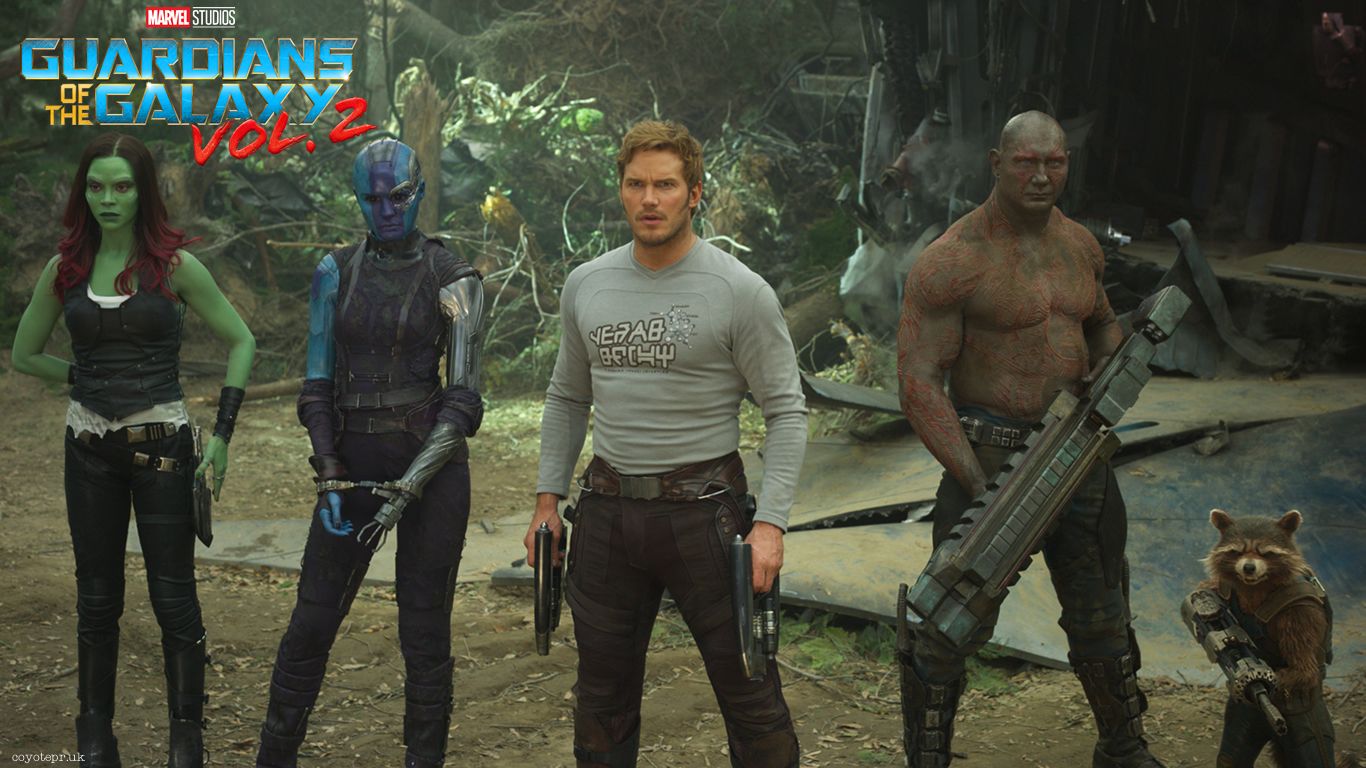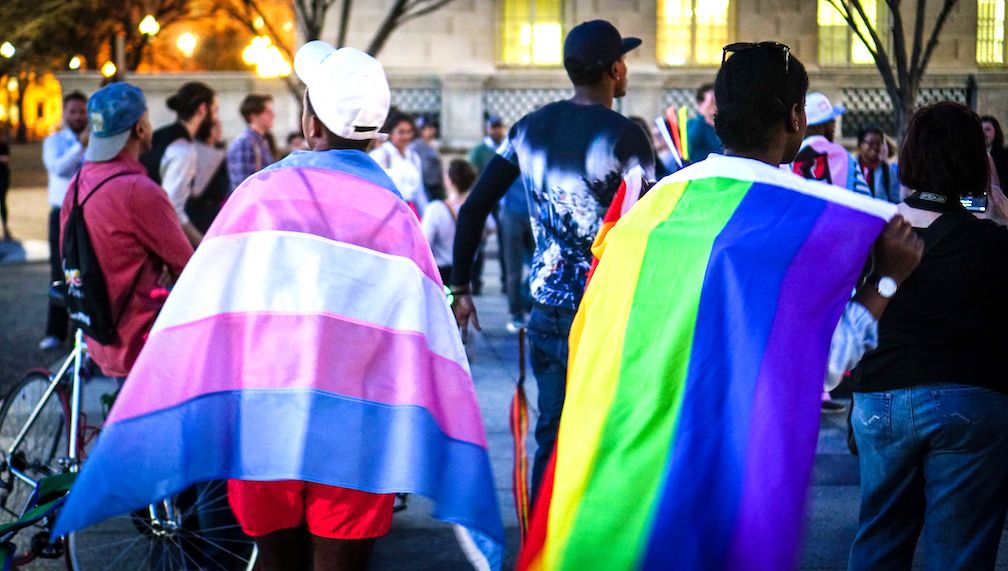
The name Paris Hilton once conjured images of glittering parties, designer clothes, and a life lived under the incessant glare of the paparazzi. For years, she was the quintessential ‘It Girl’ of the early 2000s – an heiress, socialite, and reality TV star whose every move seemed to define an era of celebrity culture. Yet, beneath the dazzling façade of fame and fortune lay a deeply buried secret, a traumatic chapter of her youth that remained largely unspoken, until now. Her new memoir peels back the layers of public perception, revealing a harrowing personal history that profoundly shaped the woman she is today.
This memoir serves as a profound exposé, challenging the carefully constructed narrative of her public persona. It unveils the shocking truth of her time spent in a chain of brutal residential schools, institutions marketed as therapeutic havens for troubled teens, but which, in reality, subjected her to unimaginable abuse. The revelations within its pages offer an intimate, often disturbing, look into a hidden industry and the lasting scars it inflicts on its young victims.
We embark on a journey through Paris Hilton’s own words, exploring the stark contrast between the glamorous life she was known for and the secret hell she endured. From her unexpected abduction in the dead of night to the dehumanizing rituals of ‘attack therapy’ and her desperate, daring bids for freedom, her story is one of resilience, survival, and an unwavering fight to reclaim her voice. This article delves into the initial seven pivotal revelations from her memoir, meticulously extracted to illuminate the profound challenges she faced.

1. **A Rebellious Heiress and a Desperate Decision**Paris Hilton, at just 16 years old, was already navigating a complex identity within the Hilton empire. An heiress to the formidable £11.6 billion family fortune, she was also a rebellious teenager, known for slipping out to clubs at night and occasionally not returning home for days. This defiant streak, while perhaps characteristic of adolescent self-discovery, became a source of significant concern for her parents, Kathy and Richard Hilton, who were grappling with the pressures of maintaining a prominent family reputation.
Her parents’ reaction to her escalating rebelliousness was to send her to a controversial chain of boarding schools, a decision that would forever alter the trajectory of Paris’s life. Even today, the precise circumstances surrounding this choice remain opaque to Paris herself. She reflects, “The decision to send me away is a rough topic for my parents. They haven’t shown me any records, so I don’t even know the exact dates.”
Paris theorizes about how her parents might have encountered CEDU, a controversial chain of so-called therapeutic boarding schools, or who ultimately persuaded them that this drastic measure was their sole recourse. For years, her deepest desire was to hear them utter the words, “I’m sorry we made a terrible mistake.” However, she acknowledges with a poignant acceptance that “they’re just not there yet. Maybe they never will be.” This reveals the enduring complexity and pain within her family dynamics.
Ultimately, Paris has grown to understand the insidious nature of the “hideously clever CEDU sales tactics.” She reflects with compassion, recognizing the impossible position her parents were placed in: believing a “mental health professional” who presented a polished image of a “beautiful boarding school” over the child they were convinced was a “crazy, incorrigible liar” due to the institution’s manipulative programming. This broader societal trap highlights the tragic misjudgment and desperate hope that often led families down such destructive paths.

2. **The Abduction: A Nightmare Unfolds**The night that irrevocably changed Paris Hilton’s life began, jarringly, with an air of normalcy. Her last evening at home was, by her own account, “unremarkable.” Her mother cooked dinner, and there were no overt signs of anger, oddness, or nervousness from anyone. It was the calm before a terrifying storm, a deceptively tranquil prelude to an event that would haunt her for decades.
At approximately 4:30 in the morning, while Paris was deep in sleep, her bedroom door violently crashed open. This sudden, brutal intrusion instantly plunged her into a state of primal terror. A thick hand seized her ankle, violently dragging her off the mattress. She was “instantly awake – hyperawake – in a state of panic,” her mind racing with the horrific possibilities: “I’m about to be raped. I’m about to be murdered.”
Two men, shadowy figures of menace, were in her room. One clamped a sweaty palm over her mouth, forcefully wrenching her head back, while the other brandished a pair of handcuffs. The scene unfolded like a terrifying nightmare, one from which she desperately tried to wake herself, a futile effort she would repeat for decades as the memory replayed “night after night” in her mind.
Perhaps the most gut-wrenching detail of this abduction is the passive witness of her own parents. Paris recounts seeing her “mom and dad” in the doorway, their bedroom door “open just enough for them to peek around the edge, faces streaked with tears.” They watched, immobilized by a mixture of fear and misguided belief, as “two strangers drag me out the door into the darkness.” This heartbreaking betrayal, even if rooted in parental desperation, underscores the profound emotional trauma of that night.
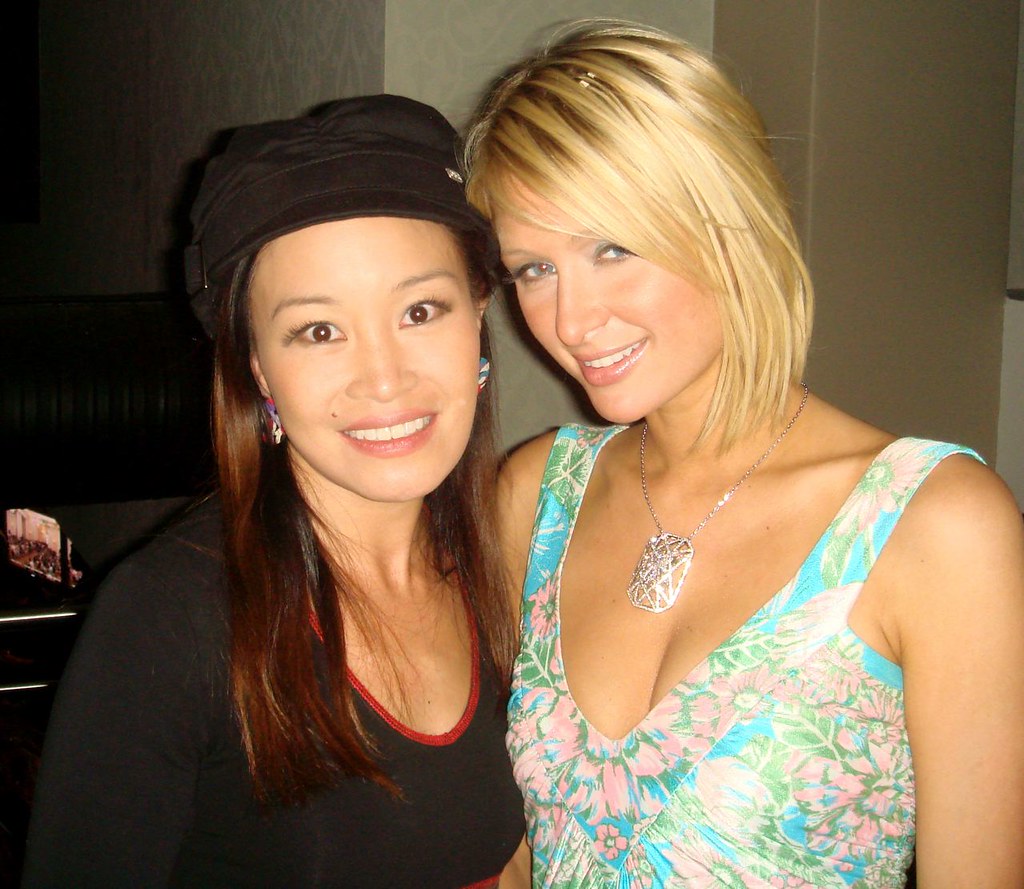
3. **CEDU’s Harsh Welcome: The Strip Search and Cavity Search**After the harrowing abduction, Paris’s confidence, which she had initially held onto by believing she could simply slip away from the boarding school, quickly disintegrated. The 80-mile drive from Los Angeles airport to Running Springs, California, along a road that s upward into the San Bernardino Mountains, felt like a journey into an inescapable trap. The iron gate that clanged shut behind them sealed her fate, confirming her worst fears.
Upon arrival at a lodge, Paris was confronted by two staffers: “a messy-looking hippy guy and a gross woman with a pointed weasel face,” whom she quickly nicknamed Weaselmug. Four or five other students stood watching as Weaselmug, with chilling authority, declared, “I need to search you for contraband. Take off your clothes.” Any thought of resistance was immediately quashed by the threat that her parents had granted them medical power of attorney, allowing them to inject her with sedatives.
What followed was a deeply dehumanizing strip search. Paris vaguely recalls standing before a room full of strangers, “shaking uncontrollably, my knees clenched together, my arms hugged tight across my chest.” The vulnerability and public humiliation of this moment were designed to strip away any remaining dignity or sense of self, leaving her exposed and powerless.
The ordeal escalated with the mention of a “cavity search.” Paris initially, and tragically, misinterpreted this, thinking it referred to a dental inspection. The reality was far more invasive and brutal. The woman donned a latex glove and coldly demanded, “Are you going to co-operate, or do we need to have these guys hold you down and pull your legs apart?” She then proceeded to grope between Paris’s legs, made her stand up, bend forward, and “hold her butt cheeks apart while she groped inside me with her gloved fingers.” When it was finally over, she was handed a “stained magenta tracksuit” and socks, but no shoes, as “Shoes are a privilege you’ll have to earn.” The desperation to cover herself, despite the garment’s repulsive state, speaks volumes about the profound violation she had just endured.
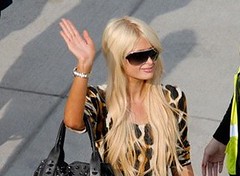
4. **The Brutality of “The Rap”: Attack Therapy Unveiled**Only one night after her horrifying arrival and the dehumanizing strip and cavity searches, Paris was introduced to a bizarre and tormenting ritual known as “The Rap.” This wasn’t a singular event, but a recurring, brutal form of “attack therapy” that took place several nights a week, lasting for three or four excruciating hours. Paris struggles to fully convey the experience, stating that its true nature is impossible to grasp “unless it’s happening to you.”
The setting for these sessions was deceptively simple: a circle of chairs where participants sat with the team leaders—Weaselmug, Hippy Mess, and “recent graduates who worked here on some sort of f***ed-up Stockholm syndrome career path.” Over the house speakers, insipid soft rock or easy-listening music played loudly on repeat, creating a surreal and unsettling backdrop to the psychological warfare that was about to unfold. The younger kids in the circle either “shrank into themselves, looking like hamsters in a snake pit” or perched anxiously, “eager for the game to begin.”
Soon, the group would collectively gang up on one person, relentlessly taunting and shaming them until they were “screaming and crying.” The target would then shift. It wasn’t long before Paris, attempting to remain silent and observe, became the next victim. “Paris hasn’t said anything,” one of the girls declared, “She’s just sitting there like a prissy little stuck-up rich bitch.” In an instant, “The entire circle zeroed in on me, a monster made of saucer eyes and black-hole mouths.”
The attack was a “roaring tide of raw verbal sewage,” a relentless barrage of insults and accusations: “She thinks she doesn’t have to work. She was slacking today on the job. Lazy little bitch. Stupid spoilt .” Any thought of fighting back or leaving was futile, as “beefy Imperial Marine throwbacks” stood guard, ensuring no one could escape. The message, drilled into them during these endless sessions, was brutally clear: “whoever you were counting on – family, friends, anyone who ever said they cared about you – just forget them. Because you are not worthy of love, and if you love yourself, you’re just f***ing delusional.”
The only perceived way to bring the tirade to an end was to confess some “dark secret.” This led kids to fabricate horrific stories – confessing to things like “raping a cousin, killing a dog, wanting to stab parents and strangle girlfriends” – anything to make the abuse cease. These sessions often dragged on “for hours,” well past midnight, leaving everyone “spent and sweating,” a chilling testament to the manipulative and destructive nature of this so-called therapy.

5. **First Taste of Freedom: The Toilet Window Escape**After four weeks of enduring the dehumanizing conditions, the forced labor, and the brutal ‘Rap’ sessions at CEDU, a small act of kindness – the long-awaited privilege of receiving shoes – ignited a spark of hope and determination within Paris. This tiny concession became the catalyst for her first desperate attempt at freedom. She had spent countless hours scrubbing toilets, all the while mentally measuring the small, high window in the restroom, meticulously planning her escape.
With a cunning born of desperation, Paris approached some of the enforcers with a “sweet, flirty way the paparazzi always liked,” feigning a need to use the “little girls’ room” with a giggle. The unsuspecting enforcer nodded, telling her to “Hurry,” unwittingly providing her the window of opportunity she so desperately craved. It was a testament to her innate ability to adapt and manipulate situations, even in the most dire circumstances.
Once inside the restroom, the plan swung into action. Though the window was small and high, Paris, being tall and made “superskinny from a month of hard work and inadequate nutrition,” was able to clamber atop the toilet. From there, she “clawed her way over the sill and dropped to the ground.” The feeling of the cold earth beneath her feet was a taste of liberation, fueling her adrenaline.
She darted across the yard, carefully keeping to the shadows, scaled the perimeter fence, and “ran like hell.” The surge of adrenaline made her feel “on fire,” like she was starring in a high-stakes action movie – “This was some James Bond !” Sticking close to the road and hiding from passing vehicles, she ran for what felt like an eternity until she finally spotted a roadside travel place, a combination restaurant and gas station. There, by the side of the building, was a pay phone, an archaic relic that, in that moment, represented salvation. “Oh, God. Thank you,” she thought, overwhelmed with relief.

6. **The Tragic Recapture: A Brief Glimmer Extinguished**Finding that grimy outdoor pay phone was a lifeline, a tangible connection to the outside world Paris had been so violently ripped from. Using a clever trick known to “all club kids,” she toggled the receiver until an operator connected her. In her frantic state, she struggled to remember who to call, eventually settling on her aunt, Kyle Richards, and providing the number. Kyle answered, accepting the collect charges, and Paris poured out her heart: “Kyle, you have to save me. Please. And don’t tell Mom. Just come get me, Kyle. Please. This place is f***ed up.”
Hours crawled by as Paris hid, aching with hunger, watching anxiously as local police cars and enforcers from CEDU came and went. She clung to the hope that Kyle was on her way from Los Angeles, promising an escape from “this hole to a town with a McDonald’s.” The wait was agonizing, each passing moment stretching her frayed nerves to their limit. Her second call to Kyle revealed the tragic truth: “Kyle, where are you? Did you call the police?” Kyle, though denying it at the time, was ultimately unable to navigate the complexity of the situation on her own.
Suddenly, a heavy hand clamped around Paris’s neck. Before she could react, an enforcer lifted her off the ground, forcefully throwing her into an SUV. Her brief taste of freedom was brutally extinguished. As they drove back to the school, Paris realized the bitter irony: the institution was only “two or three miles away,” meaning she had been “running in circles part of the time” in her desperate flight.
Looking back, Paris, now with the wisdom of adulthood, feels more compassion for her family. She understands that Kyle, then only in her twenties, was likely caught in an impossible situation and would have naturally contacted her sister, Kathy. Her parents, doing what any parent would when their child disappears, called the police. Paris recognizes how “hideously clever CEDU sales tactics were,” convincing her parents that their struggling child, a “crazy, incorrigible liar,” was beyond their understanding, and that the institution’s tough love was the only way, making their actions, however painful, understandable in that context.
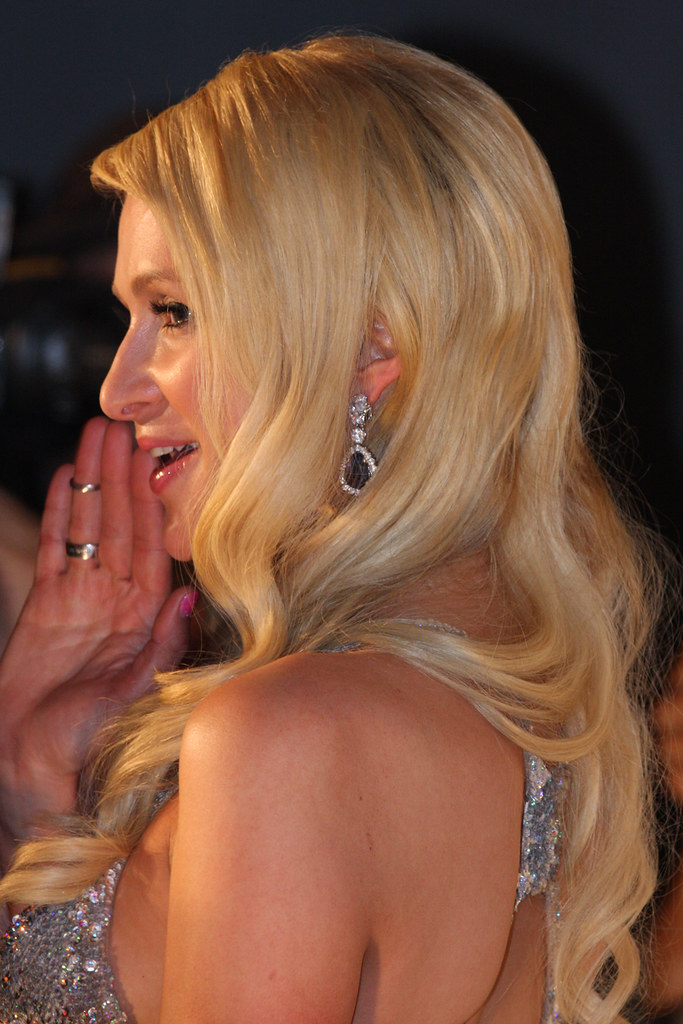
7. **The Wilderness Program: Enduring Primal Conditions**Following her first, albeit brief, escape attempt and recapture, Paris’s parents were further manipulated by the CEDU narrative, cementing their belief that she was an incorrigible “runner” on a dangerous downward spiral. Instead of returning home, she was transferred to a CEDU sister program, this one situated deep in the wilderness. The new environment replaced the lodge’s structured brutality with a primal existence designed to strip away every comfort and ounce of personal autonomy.
Life in the wilderness program was defined by extreme hardship. Students slept in tents and endured what they called “showering” with a bucket of cold water, always under the watchful eyes of staff. Each morning was a frantic scramble, with only “60 seconds to pull on socks and shoes and bundle your sleeping bag into a backpack.” This constant pressure created an environment of fear and anxiety, where every small misstep carried severe consequences.
Collective punishment was a cornerstone of the program’s disciplinary approach. “If one person messed up, everyone was punished,” Paris recounts. A chilling example of this occurred on her first day when a single hair found on her backpack resulted in all the students’ belongings being “torn up – probably just to make sure everyone hated me.” This tactic fostered resentment and further isolated the children, turning them against one another instead of the abusive system.
Food was scarce and often repulsive. Breakfast consisted of “grainy cereal with milk that was obviously bad,” yet students were forced to consume it under threat: “Eat it or I’ll shove it down your throat.” Their days were filled with arduous forced labor, hiking to and from a nearby camp construction site, “hauling logs and digging holes.” The work was so physically demanding that “Sometimes kids passed out and we had to carry them back. Sometimes we never saw that person again,” hinting at the program’s darker, unacknowledged consequences.
Verbal and physical abuse were rampant. “Asking questions or voicing a complaint got you a slap across the face, and they made sure everyone saw it.” Worse still, “Kids got punched, choked and thrown to the ground, held face down in the dirt with a staff person’s knee on their neck.” This constant threat of violence, coupled with the perpetual hunger, was designed to break their spirits. After a couple of months, Paris had transformed, becoming “as stoic and lean as the blade of an axe,” the “skin-crawling reality of the observed bucket shower had become normalised,” and she had learned “how to take a bitch-slap. Go with the momentum instead of trying to duck.” She had been stripped of her sense of self, enduring constant verbal attacks about her parents hating her and prophecies of her dying in a gutter. The only future she could conceive was “surviving another day on that f***ing mountain.”

8. **The Deceptive Promise of a New Beginning and a Daring Second Escape**Upon “graduating” from the wilderness program, Paris’s hopes for home were crushed. Her mother, influenced by CEDU’s manipulative tactics, presented a brochure for yet another program, deceptively portraying it as idyllic. Paris knew the truth: “These places are insane. These people are lying.” Her parents, “primed for this conversation” by counselors, were convinced of her “dangerous downward spiral,” leaving Paris feeling unheard and profoundly betrayed, committed to another two-year institutionalization.
During transport to this new CEDU sister program, Paris saw an opportunity. Accompanied by two transporters, she cleverly convinced “Mrs Meathead” to remove her handcuffs, playing on the embarrassment of being restrained in an airport. This small concession was vital for her next daring plan.
At a gate, Paris requested the ladies’ room. Inside a stall, she used powerful thigh muscles honed from dancing. She “pulled her knees to my chest and kicked the door with both feet,” sending the transporter staggering back and falling. This explosive act propelled her into a sprint down the concourse, offering a fleeting, defiant taste of liberty.
Her adrenaline-fueled escape led her to an escalator, mistakenly going up. Undeterred, she “leapt out over the stairs, skipped like a stone, stumbled, found my feet and kept running.” She called her mother from a phone booth, unaware of the wiretap. A police officer’s firm hand confirmed her recapture, abruptly extinguishing her fragile hope for lasting freedom.
Read more about: Dare to Tread? Exploring the World’s 14 Most Perilous Hiking Trails

9. **Provo Canyon School: A New Hell Unveiled**Despite parental assurances, Provo Canyon School in Utah was another nightmare. The idyllic brochure images were a sinister illusion, omitting areas “where kids screamed in straitjackets.” This contrast between marketing and reality underscored the deceptive nature of these institutions, setting the stage for a new phase of abuse.
Upon arrival, Paris endured another dehumanizing cavity search, submitting without a whimper, a grim testament to her desensitization. She was then stripped of her identity, given “faded sweats with the number 127 on the shirt,” transforming her into a “numbered unit.” The school enforced an “insanely long list of rules,” stifling individual expression and fostering a pervasive culture of fear.
Paris’s initial weeks were tearful, but soon, she “didn’t have the energy” to fight. The incessant observation during showers, “foul food,” “forced labour,” and “endless screaming” became her brutal reality. The staff, described as “weak people” who “got off on the power,” systematically broke her spirit, molding her into a compliant, silent figure.
The staff exhibited disturbing favoritism, often towards “pretty girls,” subjecting them to invasive acts. Resistance was met with the threat of “booty juice,” an unknown substance injected via syringes, causing children to “hit the floor.” This chemical restraint further robbed them of autonomy, leaving indelible physical and psychological scars.
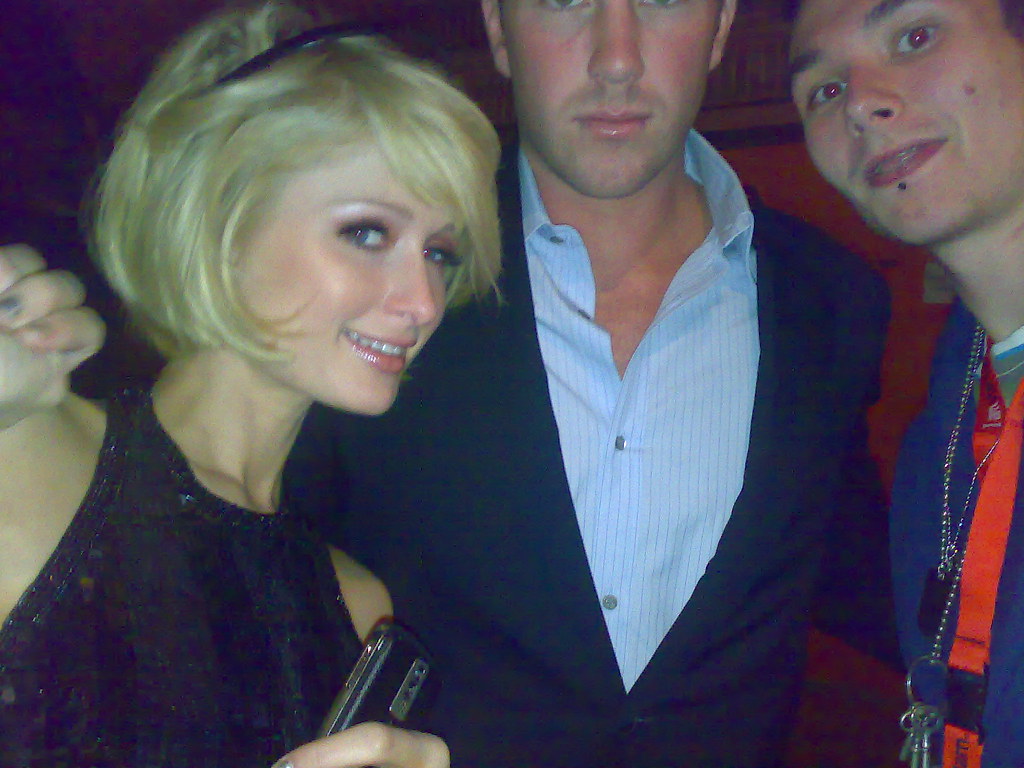
10. **The “Booty Juice,” “Obs,” and the Countdown to Freedom**Compulsory medication at Provo added another layer of control, forcing Paris to swallow pills that made her feel “disconnected from my body.” This terrifying sensation, designed to suppress rebellion, scared her deeply. In a quiet act of defiance, she learned to tuck capsules “inside my lower lip” and spit them out, a small but significant reclamation of agency.
Her cunning was eventually discovered, leading to “Obs,” a cinder-block chamber the size of a restroom stall. This extreme isolation contained only a bucket and toilet paper, with “blood and faeces smeared on the wall.” “Freezing cold,” it intensified her feeling of abandonment, stripping her of basic human dignity.
In “Obs,” even “underwear and bra” were confiscated, ostensibly to prevent self-harm. Paris recalled being , exposed and vulnerable. In profound isolation, her thoughts drifted to family, “missing my sister Nicky’s voice” and fearing her “little brothers wouldn’t even remember me.” The anger towards her parents, a mix of love and intense resentment, was overwhelming: “I didn’t know it was possible simultaneously to love and hate someone as hard.”
Yet, a solitary “keyhole of light” sustained her: her 18th birthday. This milestone meant not just legal adulthood, but the promise of freedom. “Legally, I’d be an adult. More important: I’d be free.” This singular hope became her anchor, a silent countdown to emancipation from institutional abuse.

11. **’Mouse’: A Whisper of Hope and a Desperate Alliance**At the “new school,” Paris spent her days “working on a building site,” trying not to be noticed. Weeks passed until one day, while “picking rocks,” a small, “skinny little girl” approached her. Paris, remembering her only as “Mouse,” saw desperation in the child’s eyes.
Mouse, sensing Paris’s rebellious spirit, whispered, “You’re going to run, aren’t you? Take me with you. If I stay here, I’ll die.” This raw plea forged an immediate, unspoken bond. For Paris, enduring so much alone, this alliance offered new purpose and a reason to fight harder for freedom, a shared understanding of their dire circumstances.
The plan was set under a “good and bright” moonlit night. Paris and Mouse embarked on their desperate flight, with Paris dragging Mouse “down the mountain, gripping her skinny wrist.” There was “No mercy. No stopping.” Their singular objective: the Greyhound bus station, the only perceived route to true escape from Provo Canyon.
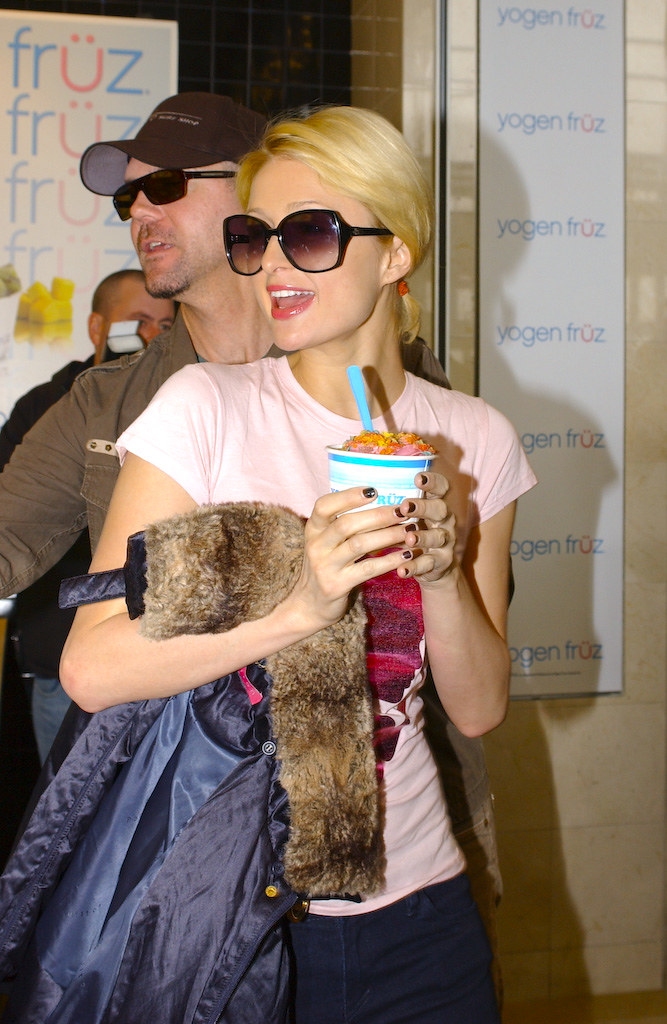
12. **Escape from Provo and the Birth of “Amber Taylor”**Their frantic journey led them to a 7-Eleven, “open all night,” where they sought to disappear. Paris, resourceful, bought inexpensive brown mascara to ingeniously transform their appearances: thickening eyebrows into “unibrows,” feathering on “moustaches,” and even a “thin goatee.” They slicked hair back under caps and hoodies, adopting the gait of “beat boys”—a disguise Paris now finds amusing.
This transformation was more than physical; it was complete reinvention. They boarded a bus, silent for “ten or twelve hours,” reaching Los Angeles and “disappeared into the city.” Their initial haven was a friend’s home in Bel-Air, a temporary respite where Paris constructed her new identity, a vital escape from trauma.
She christened this new character “Amber Taylor,” inspired by supermodels, embodying “supermodel vibes.” Amber wore “black, mostly. Baggy skater clothes.” This was not merely a disguise; “Amber was a totally different person. A little vacation from myself.” Amber was sassy and smart, a stark contrast to the broken unit Paris had become, untouched by abuse.
However, this freedom was precarious. Her money “didn’t last long,” and fear of staying in one place gnawed at her. She reached out to a friend in New York, “Biff,” who offered a plane ticket to Connecticut, but with a heartbreaking caveat: “you can’t bring this girl with you. It would be like kidnapping.” This forced Paris into an agonizing dilemma, an impossible choice that would haunt her for decades.

13. **The Unbearable Weight of Abandonment: Saying Goodbye to Mouse**The morning of her departure for Connecticut brought an unbearable decision: she had to leave Mouse behind. Paris took Mouse to Denny’s for breakfast, a poignant meal masking an imminent, heartbreaking separation. When the bill came, Paris handed Mouse some money, instructing her, “Hang on to this. I need to use the restroom.” This innocuous request was a cover for a gut-wrenching betrayal.
She slipped out a back door by a dumpster, leaving Mouse at the table, and “ran until I saw a bus pull up to a stop.” Her ability to “sneak onto a bus if the back door was open” became her desperate escape route, severing the bond she had formed with the young girl. It was an act of survival, yet one steeped in profound guilt and regret.
Decades later, the memory of Mouse continues to plague Paris. “Over the decades I’ve tried not to think about Mouse, that skinny girl in the huge, unforgiving city.” The most likely fate for a child like Mouse is a terrifying thought, one that “makes me want to throw up.” Paris lives with the harrowing realization that in her desperate attempt to save Mouse, she “ended up throwing her to the wolves.” Her enduring prayer is that Mouse “found someone who was better able to help her than I was.”

14. **The Final Recapture, Lingering Scars, and a Powerful Transformation**In Connecticut, Biff’s parents graciously allowed Paris to stay for a couple of weeks, offering a brief respite. This period offered a semblance of normalcy, a chance to simply *be* a teenager again, albeit under a false identity. However, this illusion shattered when Biff suggested lunch in the city. Despite Paris’s reluctance, Biff convinced her. At a diner on the Upper East Side, her father walked in, “followed by a couple of transport goons.” The betrayal was instantaneous and crushing, as Biff confirmed his complicity in her final return to institutional captivity.
After Provo, Paris harbored a deep-seated fear of gynecological exams, unable to separate the word from the “perverted f***s with their gloved thumbs and sunken eyes” at Provo. This visceral aversion highlights the profound, lasting impact of the institutional abuse on her adult life, affecting her ability to form healthy relationships and trust medical professionals. The forced “booty juice” and cavity searches left indelible scars, twisting even routine medical procedures into terrifying reminders of her past.
The two years stolen from her were not just a loss of time, but a profound robbery of her adolescence. She was deprived of “homecoming, prom, the whole Brat Pack sizzle reel,” and instead, her “education was how to scrub toilets and haul rocks, how to fight for my sanity, how to hurt people before they had a chance to hurt me.” While she excelled at survival, subjects like algebra remained elusive, a poignant symbol of what was lost.
Read more about: 15 Movie Character Deaths That Hurt Most: Unforgettable Moments With Wheeljack’s Passing & Casper’s Farewell
For decades, the trauma remained an “ugly little secret,” a powerful muzzle preventing most survivors from speaking out. Yet, Paris Hilton, the resilient survivor and now a vocal advocate, has transformed her painful past into a powerful platform for change. Her memoir is a courageous act of breaking this silence, shining a revelatory light on the troubled-teen industry and championing the voices of countless others, proving that even from the deepest shadows, one can emerge to forge a legacy of advocacy and redemption.



